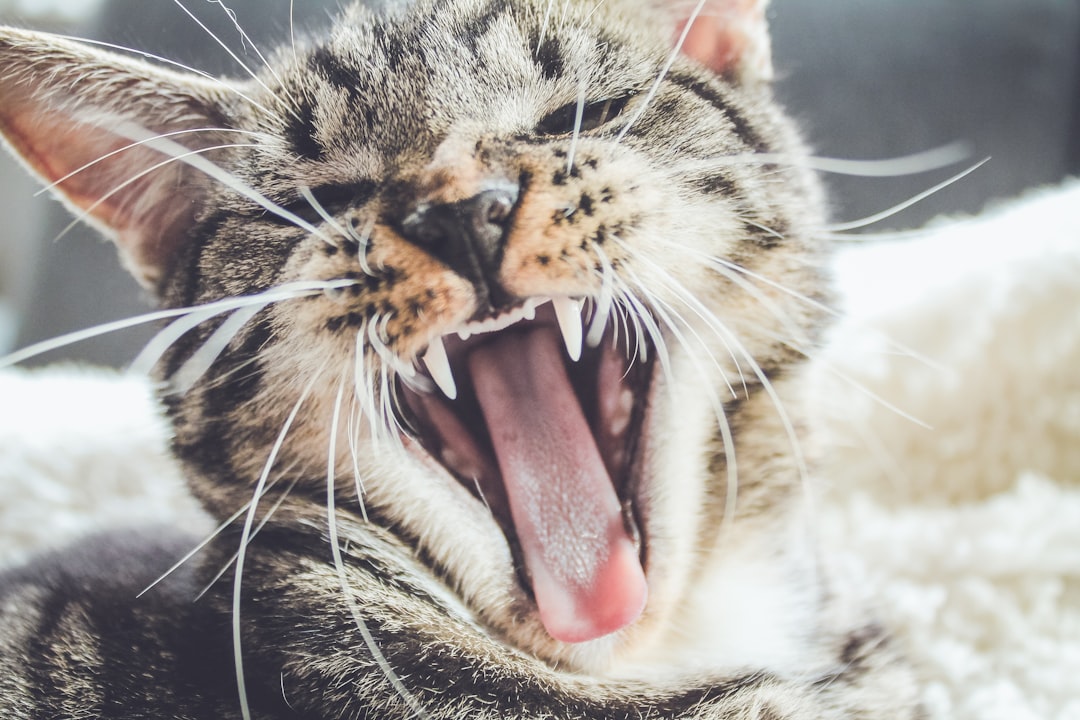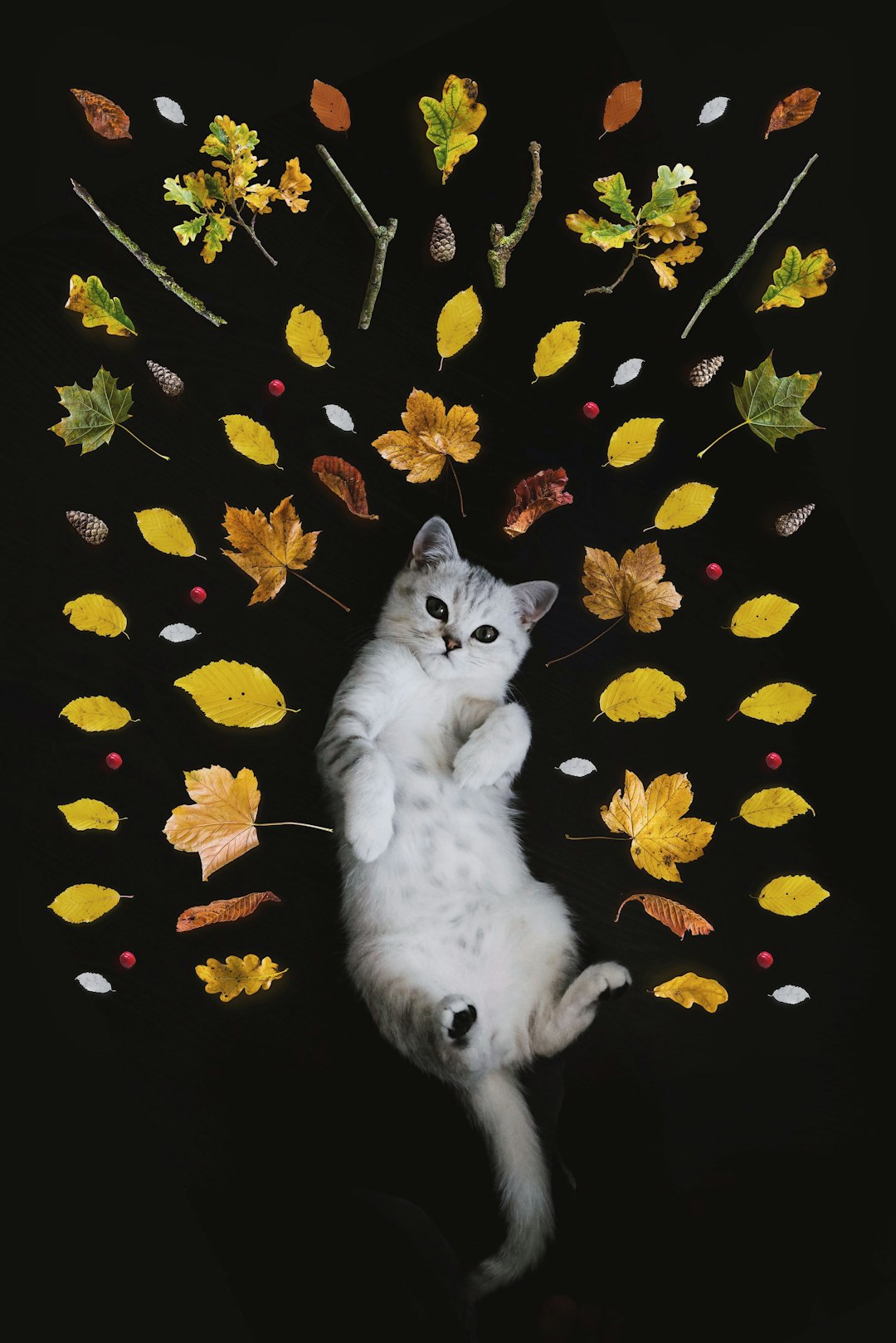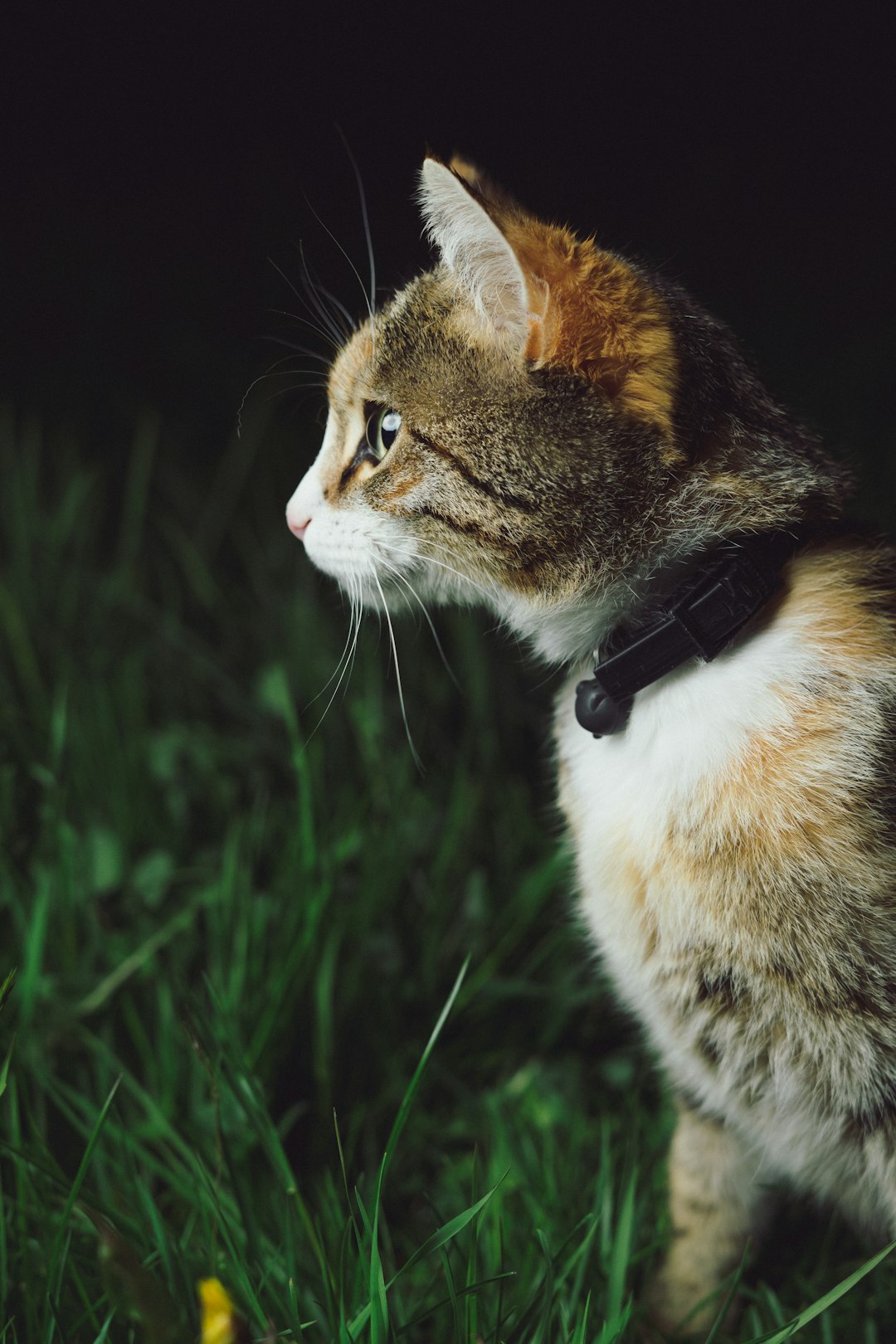While commonly associated with dogs, the question of "can cats get parvo" raises significant concerns among pet owners. Understanding the nature of the parvovirus and its potential effects on feline health is crucial. Many myths cloud the truth about this virus, leading to confusion about the risks cats face. In this article, we will explore the facts surrounding parvo, compare it with similar ailments, and discuss how to protect your beloved feline companions from viral infections. Equip yourself with knowledge to ensure your cat stays healthy and safe.
Understanding Parvo Virus and Its Impact on Feline Health
Parvovirus is often associated with dogs; however, it’s essential to address whether can cats get parvo. Feline Panleukopenia Virus (FPV), commonly known as cat parvo, affects cats, particularly kittens. This virus can have severe impacts on a cat’s health, leading to symptoms like vomiting, diarrhea, and severe dehydration.
Here’s a closer look at its effects:
- Vulnerability: Kittens under six months old are especially at risk. The virus attacks rapidly dividing cells, which can result in significant damage to the intestinal lining and bone marrow.
- Transmission: FPV spreads through direct cat-to-cat contact or contaminated environments. Unlike canine parvo, which requires specific conditions for survival, FPV can persist in the environment for an extended period.
- Vaccination Importance: Vaccinating against FPV is crucial. It protects your cat by helping to build immunity and reduces the likelihood of contracting the virus.
In summary, while can cats get parvo, understanding how FPV affects feline health highlights the importance of vaccination, especially for young or unvaccinated cats.

Common Myths About Cats and Parvo
Understanding the myths surrounding parvo is crucial for every cat owner. Many people erroneously believe that cats can get parvo, but it’s essential to clarify the truth. Here are some common myths debunked:
Myth 1: All pets can catch parvo.
Fact: Canine parvovirus primarily affects dogs. Cats are not susceptible to this particular virus, but they can suffer from similar viral infections.Myth 2: Vaccination isn’t necessary for cats.
Fact: While cats cannot get parvo, they need vaccines to protect against other serious diseases. Maintaining regular vaccinations is vital to ensure your cat’s health.Myth 3: Parvo only affects young animals.
Fact: Although young dogs are at higher risk for canine parvo, cats can experience viral infections at any age.Myth 4: Indoor cats are safe from all viruses.
Fact: Cats can still be exposed to viruses if they come into contact with contaminated surfaces or other infected animals outside.
By dispelling these myths, cat owners can take the right steps to protect their pets and understand that while cats can get parvo isn’t accurate, vigilant health practices are still essential.
Differences Between Canine Parvo and Feline Diseases
When discussing viral infections, many pet owners wonder, can cats get parvo? It’s important to note that while the canine parvovirus (CPV) primarily affects dogs, feline health risks differ significantly. Here are some key distinctions:
Infection Type
- Canine Parvo: Affects dogs and can lead to severe gastrointestinal issues.
- Feline Health Risks: Cats are generally more susceptible to other viral infections, such as Feline Leukemia Virus (FeLV) and Feline Immunodeficiency Virus (FIV).
Symptoms
| Symptoms | Canine Parvovirus | Feline Diseases |
|---|---|---|
| Vomiting | Common | Less common |
| Diarrhea | Severe and bloody | Often diarrhea mild |
| Fever | Frequent | Varies |
| Lethargy | Pronounced | Often more subtle |
Treatment Approaches
- Canine Parvovirus: Requires immediate veterinary care, often including hospitalization for fluid therapy.
- Feline Viral Diseases: Treatment varies greatly and can involve immunotherapy for viruses like FeLV.
In conclusion, while can cats get parvo is a valid concern, understanding these differences is crucial in addressing feline health effectively.
Symptoms of Parvo in Cats
When considering the question, can cats get parvo, it’s essential to understand the symptoms that may indicate an infection. While parvo is primarily a canine disease, feline symptoms linked to viral infections can sometimes resemble those seen in dogs.
Here are the common symptoms to watch for in cats that may suggest a viral infection:
- Vomiting: Frequent and severe expulsion of stomach contents.
- Diarrhea: Watery stools, which may contain blood.
- Loss of Appetite: A noticeable decrease in food intake.
- Lethargy: Lack of energy or interest in activities.
- Fever: Elevated body temperature.
It’s crucial to note that while can cats get parvo is a common concern, other diseases can exhibit similar symptoms. Below is a comparison table that highlights key distinctions:
| Symptom | Parvo (Canine) | Feline Viral Infection |
|---|---|---|
| Vomiting | Yes | Sometimes |
| Diarrhea | Yes | Sometimes |
| Loss of Appetite | Yes | Yes |
| Lethargy | Yes | Yes |
| Fever | Yes | Yes |
In conclusion, if you observe any of these symptoms in your cat, consult your veterinarian immediately. Early intervention can be critical to your cat’s health, especially when discussing questions like can cats get parvo.

Risk Factors for Cats Contracting Viral Infections
Understanding the risk factors for cats contracting viral infections, including whether can cats get parvo, is crucial for their health. Here are key risk factors to be aware of:
- Age: Kittens, especially those under six months old, have weaker immune systems, making them more vulnerable to infections.
- Health Status: Cats with pre-existing health issues (like diabetes or compromised immune systems) are at higher risk.
- Environment: Cats that frequent shelters, boarding facilities, or outdoor spaces encounter greater exposure to infectious agents.
- Vaccination History: Cats who have not received vaccinations are significantly more susceptible to viruses, including parvo.
- Stress Levels: Stressed cats may have lowered immunity, increasing their risk for infections.
Comparison of Risk Factors:
| Factor | High Risk | Low Risk |
|---|---|---|
| Age | Kittens | Adult cats |
| Health Status | Illness or immunocompromised | Healthy cats |
| Environment | Shelters/Outdoor | Indoor, controlled environments |
| Vaccination History | Unvaccinated cats | Fully vaccinated cats |
| Stress Levels | High stress | Low stress |
By recognizing these factors, cat owners can better protect their feline friends from potential health risks, including can cats get parvo.
Preventative Measures for Protecting Your Cat
To keep your feline friend safe from potential viral infections, including concerns surrounding can cats get parvo, consider the following preventative measures:
Vaccination: Ensure your cat receives a comprehensive vaccination schedule. While standard vaccines for parvovirus focus on dogs, consult with your veterinarian about any additional options for your cat.
Hygiene: Maintain a clean living environment by regularly disinfecting litter boxes, food bowls, and bedding. This helps minimize exposure to pathogens.
Limit Exposure: Keep your cat indoors as much as possible. Avoid contact with stray cats or those that haven’t been vaccinated, as they can carry infectious diseases.
Regular Vet Visits: Schedule routine check-ups with your veterinarian. These visits allow for early detection of health issues and provide an opportunity to discuss any concerns about can cats get parvo.
Healthy Diet: Feed your cat a balanced diet to strengthen its immune system and improve overall health.
By actively implementing these measures, you can significantly reduce the risk of your cat contracting viral infections and ensure a happier, healthier life.
Treatment Options for Infected Cats
If you’re wondering can cats get parvo, it’s important to know that while they cannot contract the canine parvovirus, they can suffer from other viral infections that mimic parvo symptoms. If your cat shows signs of illness, prompt veterinary intervention is crucial. Here are the primary treatment options:
Supportive Care: The vet may recommend rehydration through fluids, often given intravenously, to combat dehydration.
Antiviral Medications: Depending on the specific virus, your veterinarian may prescribe antiviral drugs to manage the infection.
Nutritional Support: Emphasis on a high-quality diet supports recovery. In some cases, a feeding tube may be necessary if the cat refuses food.
Symptom Management: Medications for nausea or diarrhea can help improve your cat’s comfort during recovery.
It’s essential to monitor any worsening symptoms and follow through with all veterinary advice. Early intervention can significantly improve outcomes, allowing your cat to regain health effectively. Remember, while focusing on the question, can cats get parvo, it’s just as critical to be aware of other viral threats to their health.

When to Consult a Veterinarian
Knowing when to consult a veterinarian is crucial for your cat’s health, especially when considering the question, "can cats get parvo?" While the likelihood is low, it’s essential to be vigilant about any signs of illness. Here are key indicators:
- Persistent Vomiting: If your cat vomits frequently and cannot keep food down.
- Severe Diarrhea: Frequent, watery stools that persist for more than 24 hours may be a cause for concern.
- Lethargy: Noticeable decreases in energy or unusual disinterest in play and interaction can signal underlying health issues.
- Loss of Appetite: If your cat refuses to eat for more than 24 hours, it could indicate a more serious problem.
- Signs of Dehydration: Dry gums, excessive drooling, or skin that doesn’t return quickly when pinched can indicate dehydration.
If you observe any of these symptoms or have concerns about can cats get parvo, do not hesitate to contact your veterinarian. Prompt assessment and care can significantly enhance your cat’s chances of recovery and overall well-being. Remember, it’s better to be safe than sorry when it comes to your feline friend’s health!
Frequently Asked Questions
What is parvo and can cats be infected with it?
Parvovirus, commonly referred to as parvo, is a highly contagious virus that primarily affects dogs but is not known to infect cats. Feline health risks differ in nature; while cats can contract certain viral infections, parvo itself is specifically linked to canines. Instead of parvo, cats may be susceptible to Feline Panleukopenia, a serious disease caused by a related virus that can lead to severe illness or death.
What are the symptoms of Feline Panleukopenia in cats?
Feline Panleukopenia presents several alarming symptoms that may include severe lethargy, loss of appetite, vomiting, and diarrhea. Additionally, cats may exhibit fevers and dehydration due to fluid loss. It’s crucial for pet owners to be vigilant of these signs, as early detection and veterinary intervention can improve the prognosis significantly.
How can I protect my cat from Feline Panleukopenia?
Vaccination is the most effective way to protect cats against Feline Panleukopenia. A series of vaccinations, typically administered in kittenhood and followed by boosters, significantly lowers the risk of infection. Moreover, maintaining a hygienic environment, minimizing contact with unknown or unvaccinated cats, and avoiding exposure to contaminated areas can also help in safeguarding your pet’s health.
What should I do if I suspect my cat has Feline Panleukopenia?
If you suspect your cat may have contracted Feline Panleukopenia, it’s crucial to seek veterinary attention immediately. Your veterinarian will likely conduct a thorough examination and may perform blood tests to confirm the diagnosis. Early treatment can include supportive care, such as fluids and medications, to combat dehydration and secondary infections, greatly increasing the likelihood of recovery.



